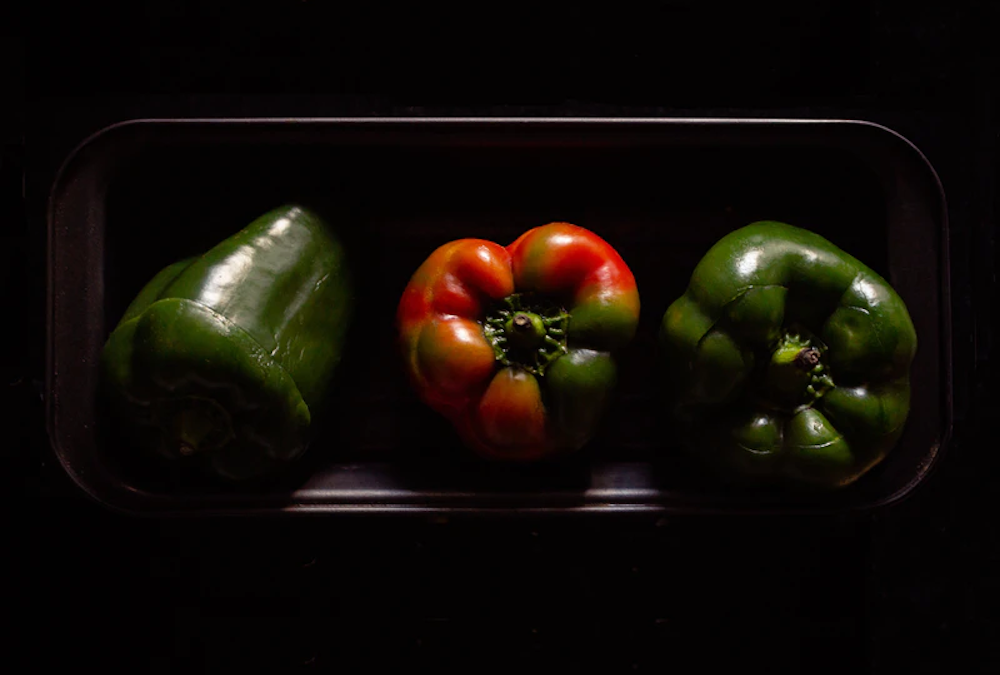Anyone who has spent any amount of time watching the Food Network or even just a French cooking show knows that a mirepoix (celery, onions, carrots) is at the heart of most every recipe. Being from New Orleans I learned to start all recipes with the Trinity (celery, onions, bell peppers) but being a hard-core marketer I recognize that all successful inbound campaigns also start with their own mirepoix or trinity of whitepapers, webcasts and emails.
Given that I do love to cook and tend to use metaphors to humanize the nuances of marketing, I would offer that starting with your marketing trinity will allow you to build towards inbound self-sustenance.
As a friendly reminder I’d invite you to revisit the Hubspot blog on Inbound Marketing where you learn that:
“inbound marketing focuses on creating quality content that pulls people toward your company and product, where they naturally want to be.
The major themes you need to be aware of include: content creation, lifestyle marketing, personalization, multi-channel approaches, and integration between publishing and analytics tools.
And the four marketing actions entail: attract, convert, close, delight”.
Most successful marketing campaigns genuinely require a mix of outbound techniques to kick-start the flow of inbound activity. The goal is not to fall back on outmoded outbound tactics but strategically use key components to establish compelling content for value exchange and guide the appropriate audiences to that content for conversion opportunities. Given that most statistics now show that 60% of the education process is done before sales is engaged, requires value exchange items that deliver on the education directive.
So understand the inbound marketing mirepoix:
- Whitepapers: ideally a 5-10 page documents to inform, educate and challenge the reader with compelling facts, ideas, strategies and best practices in order to lead the reader to their own conclusions based on your way of thinking. Effective whitepapers don’t overtly “sell” but use education to drive action (read “conversion”).
- Webcasts: ideally a 20-40 minute live web-based event with 5-10 minutes of interactive Q&A (recorded to be played on-demand in subsequent campaigns) to deliver industry experts discussing a specific topic without having to go to a tradeshow or physical location. The best webcasts tend to combine a customer or impartial industry analyst with a vendor speaker or set of ecosystem partner speakers to bring to light specific themes, case studies and best practices in a visual and auditory format.
- Emails: ideally a couple of paragraphs led by rhetorical or compelling questions to get the reader hooked into wanting more and therefore taking the desired action (i.e. download the whitepaper, register for the webcast, visit the website,…). I personally like a banner or simple picture as opposed to a pure text email but strategic use of A/B testing will tell you what your audience prefers.
Use these three ingredients wisely and there is no end to the magic you will uncover with your marketing campaigns.


Recent Comments